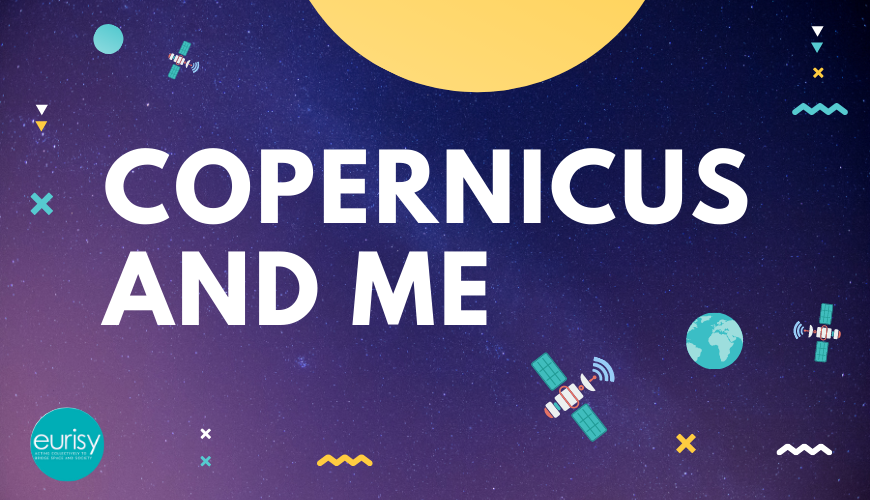Copernicus and me – Teasers
Six European public and private organisations talk about how they use Copernicus data to improve their work in a number of sectors, ranging from environmental protection, cultural heritage and urban planning, to energy access, flood management and sailing.
Supporting access to electricity in Sierra Leone
Globally, more than 1 billion people don’t have access to modern energy. Most of them live in South Asia and Africa in rural areas.
The problem is that decision-makers don’t have access to the right type of information, in order to plan for electrification globally.
A German start-up relies on Copernicus data to collect the information needed to bring access to electricity globally.
Diminishing the carbon footprint of ships
Ships, boats and vessels have a heavy impact on the ocean and the environment and are responsible for a significant proportion of the global climate change problem.
A French SME uses Copernicus data to support ship owners and operators to diminish their impact on the environment.
Monitoring and preventing floods in Wallonia
In Wallonia, floods represent a very concrete risk. The cost of the floods of July 2021 was estimated between 4 and 6 billion euros, causing human and material losses.
To better prevent and manage flood risks, the Public Service of Wallonia mapped land use and land cover in the region, using aerial pictures, in-situ data and Copernicus satellite imagery.
Monitoring water turbidity during the harbour extension at Port-la-Nouvelle
In 2018 the French Occitanie Region started major expansion works in the harbour of Port-la-Nouvelle, which could potentially harm the surrounding environment.
To monitor water turbidity during the works, the Region relied on data from the Copernicus satellites.
Mitigating the effects of climate change at public transport stops in Prague
Because of climate change, temperatures in cities are more and more elevated, causing a phenomenon known as “urban heat islands”. Prague makes no exception, with increasing temperatures of up to 34°C in summer, which impact heavily the life of inhabitants and visitors.
The Environmental Protection Department of the City of Prague uses Copernicus data to understand which bus and tram stops are becoming too warm, to then take measures to improve their comfort.
Safeguarding cultural heritage in Rhodes
In the Greek island of Rhodes, the Ephorate of Antiquities is particularly concerned about the impacts of geo-hazards on cultural heritage, as the island is subject to soil movements and is situated in a seismic area. In the area of Rodini, some monuments are showing signs of collapse and need to be monitored.
The Ephorate is relying on Copernicus data to monitor soil deformation around the monuments and to plan measures to secure and restore them.

